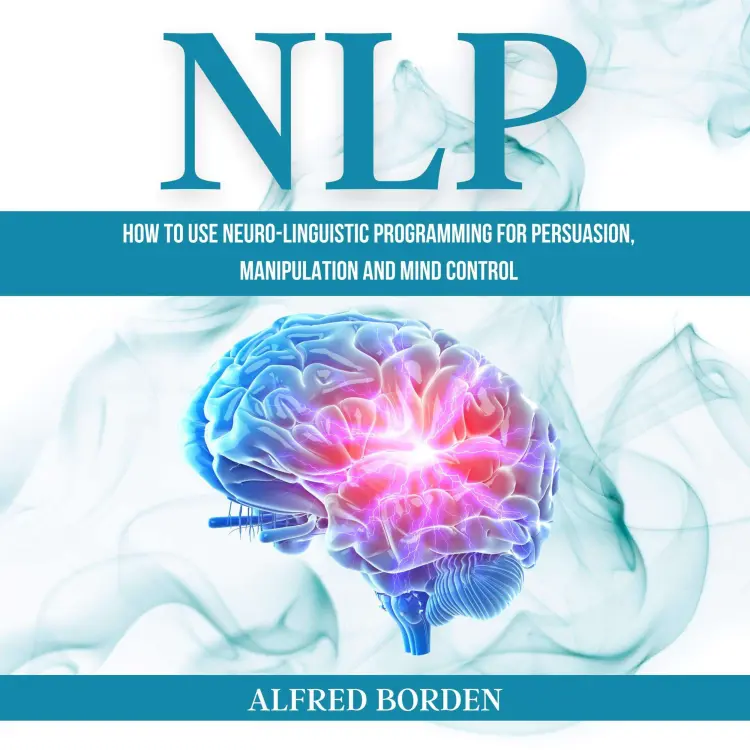
NLP - How to Use Neuro-Linguistic Programming for Persuasion, Manipulation and Mind Control
Alfred Borden
Unabridged
3 Stunden 30 Minuten
Hinweis: Für das Abspielen der Hörbücher oder Hörspiele können auf den jeweiligen Plattformen, wie z.B. Spotify, Kosten anfallen. Lismio hat keinen Einfluss darauf, welche Hörbücher und Hörspiele bei dem Service verfügbar sind.
Einige Artikel enthalten Affiliate-Links (gekennzeichnet mit einem Sternchen *). Wenn ihr auf diese Links klickt und Produkte kauft, erhalten wir eine kleine Provision, ohne dass für euch zusätzliche Kosten entstehen. Eure Unterstützung hilft, diese Seite am Laufen zu halten und weiterhin nützlichen Content zu erstellen. Danke für eure Unterstützung!
Vom Herausgeber
Neuro-Linguistic Programming (NLP) is a psychological approach that involves analyzing strategies used by successful individuals and applying them to reach a personal goal. It relates thoughts, language, and patterns of behavior learned through experience to specific outcomes.
Proponents of NLP assume all human action is positive. Therefore, if a plan fails or the unexpected happens, the experience is neither good nor bad-it simply presents more useful information
Modeling, action, and effective communication are key elements of neuro-linguistic programming. The belief is that if an individual can understand how another person accomplishes a task, the process may be copied and communicated to others so they too can accomplish the task.
Proponents of neuro-linguistic programming propose that everyone has a personal map of reality. Those who practice NLP analyze their own and other perspectives to create a systematic overview of one situation. By understanding a range of perspectives, the NLP user gains information. Advocates of this school of thought believe the senses are vital for processing available information and that the body and mind influence each other. Neuro-linguistic programming is an experiential approach. Therefore, if a person wants to understand an action, they must perform that same action to learn from the experience.
Proponents of NLP assume all human action is positive. Therefore, if a plan fails or the unexpected happens, the experience is neither good nor bad-it simply presents more useful information
Modeling, action, and effective communication are key elements of neuro-linguistic programming. The belief is that if an individual can understand how another person accomplishes a task, the process may be copied and communicated to others so they too can accomplish the task.
Proponents of neuro-linguistic programming propose that everyone has a personal map of reality. Those who practice NLP analyze their own and other perspectives to create a systematic overview of one situation. By understanding a range of perspectives, the NLP user gains information. Advocates of this school of thought believe the senses are vital for processing available information and that the body and mind influence each other. Neuro-linguistic programming is an experiential approach. Therefore, if a person wants to understand an action, they must perform that same action to learn from the experience.









